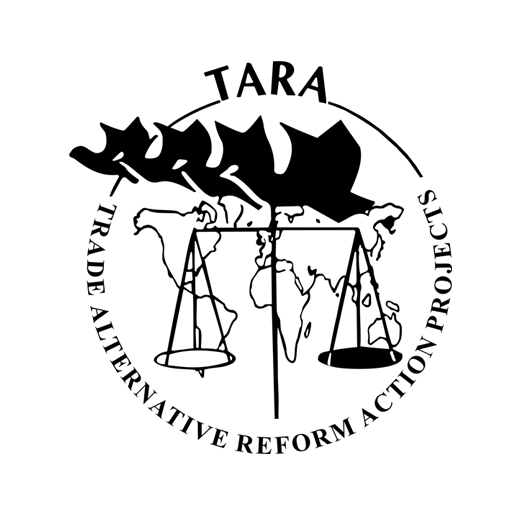Ruhksana
Fighting exploitation by proving one’s skills
Bawana, a new suburb, formed by residents of a demolished slum
Bawana is a district in the far north-west of Delhi: a semi-rural region dotted with electric poles, a final remnant of the countryside about to be devoured by the city, near the border with Haryana. This is a place menaced by grave health and sanitation concerns, and small wooden shacks built next to dumping grounds are a common sight.
Despite these pressing issues, its inhabitants attempt to overcome these challenges and live with dignity. Bawana is a relatively recent suburb, formed after the demolition of some of Delhi’s slums during a "sanitation" project before the 2010 Commonwealth Games.
After being evicted, its inhabitants migrated far away, to the 16 square meters of land that the government offered to every family. Due to Bawana’s remoteness, however, most people lost their urban jobs as factory workers or rickshaw drivers.
A decade later, Bawana struggles to grow. Some factories are starting to appear in the vicinity, attracted by Haryana’s low minimum wage, but real estate projects are slow to appear, deterred by the unhealthiness of this peripheral region.
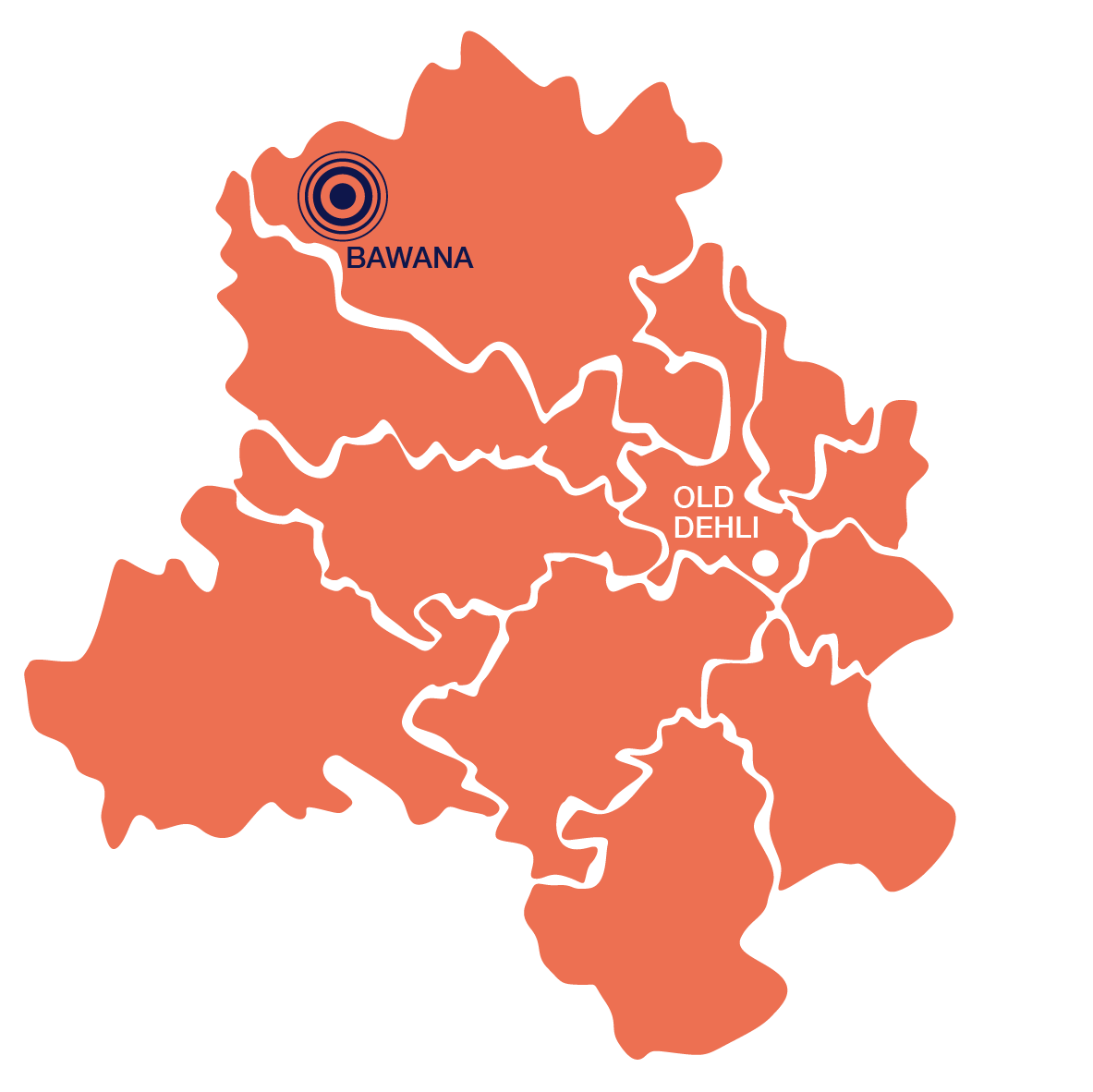
Ruhksana, a migrant with a strong personality
Ruhksana is one of those displaced to this border of Delhi. Her name evokes the mythical Bactrian princess who married Alexander the Great, reminding us of her Afghan origins, a heritage that she shares with many other migrants from Bihar. In Bawana, she lives within a community of Muslim migrants from various states of India, such as Bihar, Uttar Pradesh and Bengal.
Married at 13, she grew up in a conservative Muslim village, where she was forbidden from leaving her house. Soon enough, she left these difficult living conditions to settle in Delhi. In order to help her husband, she started working as a craftswoman for a contractor, but she could not keep up with the excessive workload and the small salary.
Eventually, she got wind of the fair-trade system. In 2007, during a visit to her slum by the TARA Projects team, she approached the founder of the association, professor Shyam S. Sharma, and asked him for assistance to create a workshop in her neighborhood.
Impressed by Ruhksana's energy and personality, he gave her his logistical support to start her project.
Fair-trade handicrafts: a means to live with dignity
The new income has changed Ruhksana’s life, who can now leave her home and support her community of 200 migrants. She created a Self-Help Group (a very widespread form of micro-financing in India), which enabled her to finance the education of her children, as well as literacy classes, martial arts and artisanry workshops for women. These initiatives have started to bear fruit, as one of Ruhksana’s daughter has started a nursing career.
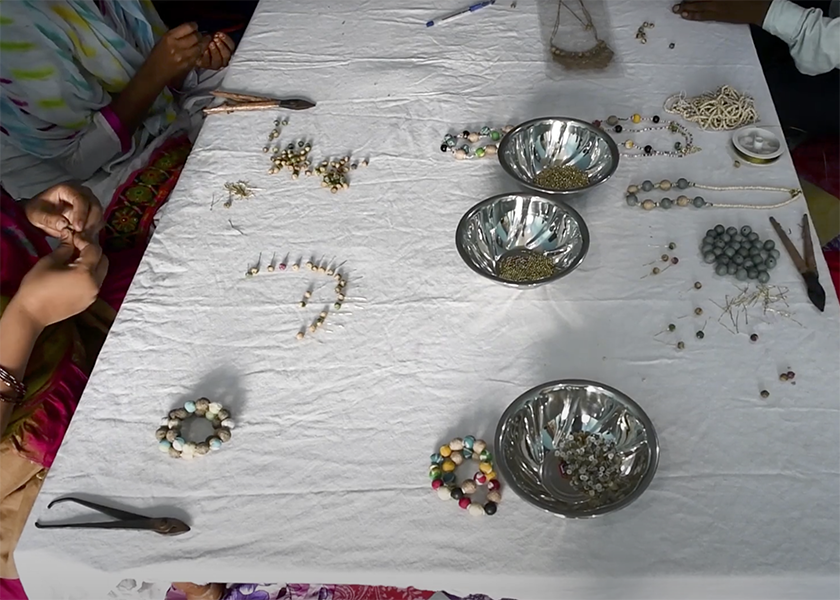
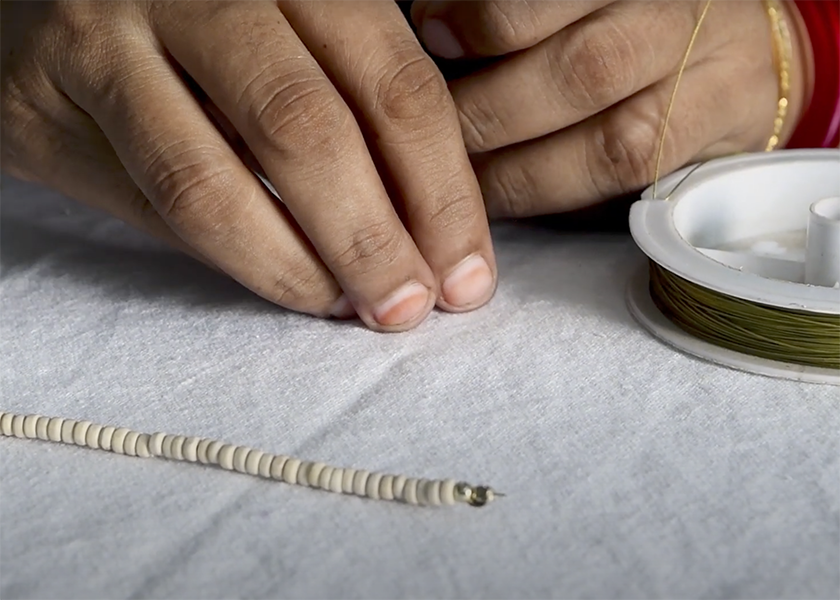
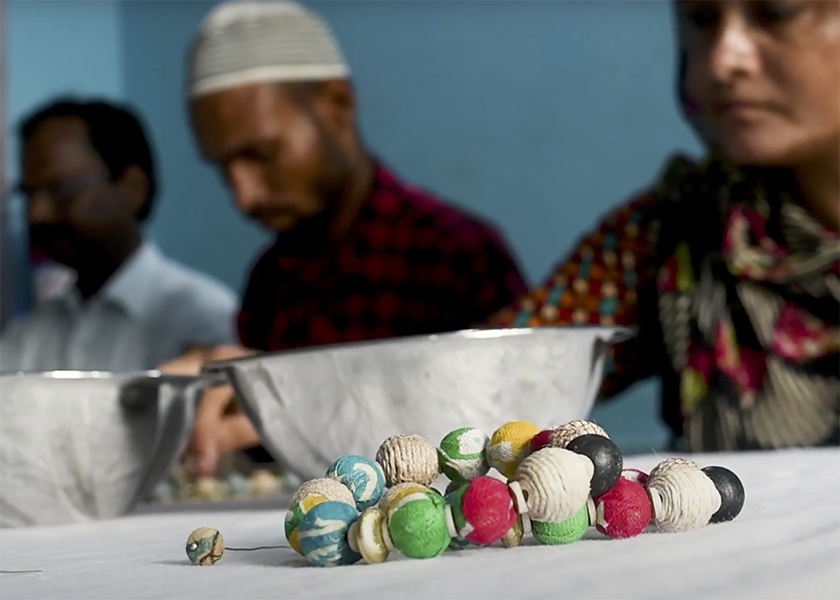
As Muslim migrants, Ruhksana and her community used to suffer various forms of structural discrimination, such as difficulty finding work and housing, or distrust from neighbors ... However, their artisan work has given them an identity in the neighborhood, and they are now seen as productive members of their community.
With an ever-increasing demand for work, Ruhksana’s project depends on the regularity and volume of orders. A difficulty that she hopes to overcome by advertising her products as much as possible.
Manuel-Antonio Monteagudo
